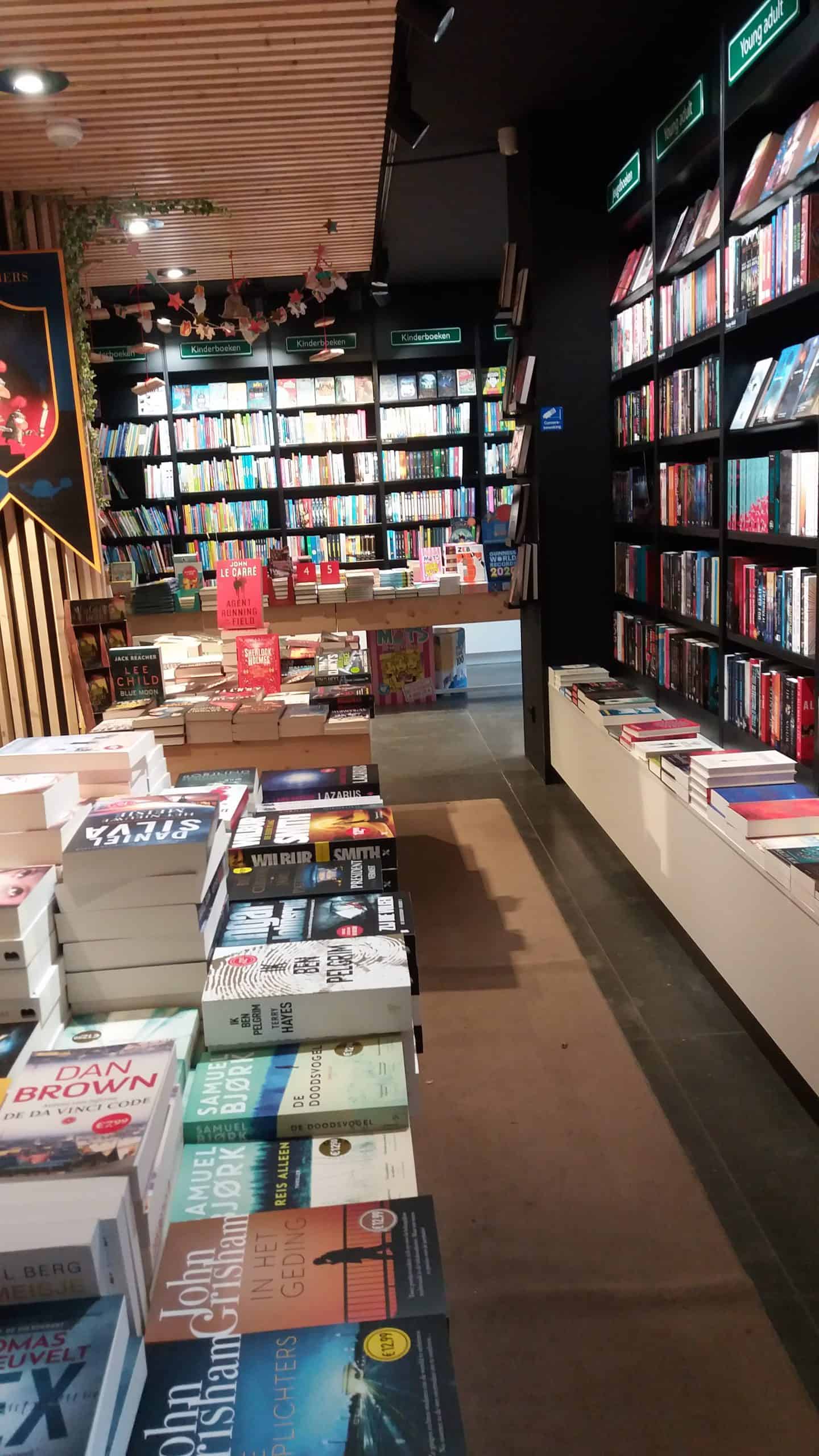There are two things in the Netherlands that impress me tremendously. The first is the myriad of beautiful bookshops. The other is that, as soon as well-written or popular books have been published elsewhere in the world, these are immediately translated into Dutch. And yet one sees fewer people reading while using public transport – most passengers are fiddling around on their cell phones.
Reading as an essential activity enjoyed much attention in the Netherlands over the past week – with concerns raised about problems that should be quite familiar to South Africans. The results of a triennially study undertaken in 79 countries among 15-year-olds have just been released. This international survey, known as the Programme for International Student Assessment (or simply the PISA study), presents findings of research undertaken in 2018.
According to the study, the reading aptitude of the Dutch youth has decreased since 2015. It was also found that Dutch pupils dislike reading more and more. From the sample the percentage of pupils who only read when they are required to increased from 34% in 2015 to 42% in 2018. Almost half of the 5 000 Dutch respondents view reading a waste of time.
The Netherlands now takes the 26th place on the PISA in terms of reading aptitude, as opposed to the 15th place in 2015. Regarding achievements in mathematics and natural sciences, the country fared a bit better: It obtained the ninth place on the maths list, and the 15th place for achievement in natural sciences.
Unfortunately, South Africa does not participate in this study. To us the above achievements may still seem like something we can only dream of, but Dutch educators and even politicians raised their concerns about how this deterioration will affect the future international position of the Netherlands.
Other interesting information is that Dutch girls are on average more enthusiastic readers than boys. Supplementary studies show that girls, as opposed to boys, are spurred on to read by curiosity. They also find more joy in “getting lost in a good story”. When they are bored, sad or angry, girls find more emotional release in reading compared to their male counterparts.
A tendency in the Netherlands – which also causes great concern in South Africa – is that fewer pupils succeed in reading with comprehension. They struggle to evaluate and meditatively interpret what they are reading. The Dutch curriculum is blamed for this, because it currently gives less attention to exercises that would develop this skill. The team responsible for developing the Dutch learning programmes now recommends that pupils should learn how to interact critically with digital and non-digital information and to take thorough note of its reliability and usefulness.
The hope is that greater reading aptitude will lead to a youth who once again enjoys reading.
The role of technology is additionally evaluated. It is thought that pupils have become accustomed to reading especially small portions of texts on their cell phones and spending less time on longer texts and books, which subsequently affects their reading and concentration abilities. There are calls to research this phenomenon more intensively in an effort to determine the extent and find solutions to the problem.
Another serious problem that relates to the findings of the study is the shortage of teachers in the Netherlands. It was already noted in September 2019 that a great number of vacancies could not be filled. In Amsterdam alone almost 280 vacancies existed in public schools, and 197 in The Hague. The crisis is felt across the country.
Academics told me that fewer young people are interested in “vocational” careers such as education and nursing. These careers are increasingly being pursued by women. In schools, the negative result is that boys experience a lack of male role models.
South African can learn a lot from this information. But different from South African education authorities, the Dutch do not react with damning remarks about test procedures, but immediately start looking for solutions. The future international role of the Netherlands is central in this planning. They acknowledge their mistakes and identify opportunity for further research to better understand the extent of the problems. Only time will tell whether this will yield positive results for the Dutch, but at least there is reaction and good intentions.
The most important lesson that the Dutch and South Africa should take note of, is the importance of reading – and especially reading with comprehension. This not only determines the future of the individual, but collectively the future of every country. And because it is so important, the responsibility of creating a love of reading cannot be left to schools alone; parents and grandparents should invoke in children the passion to read from a young age. Reading aloud, reading together and later discussing books and other reading material can make a significant difference in this regard.
With libraries, free online reading matter and the exchanging of books between friends, reading remains an activity that is very affordable. And yes, in the case of books in South Africa, a pleasure that cannot be taken away by load shedding!

























